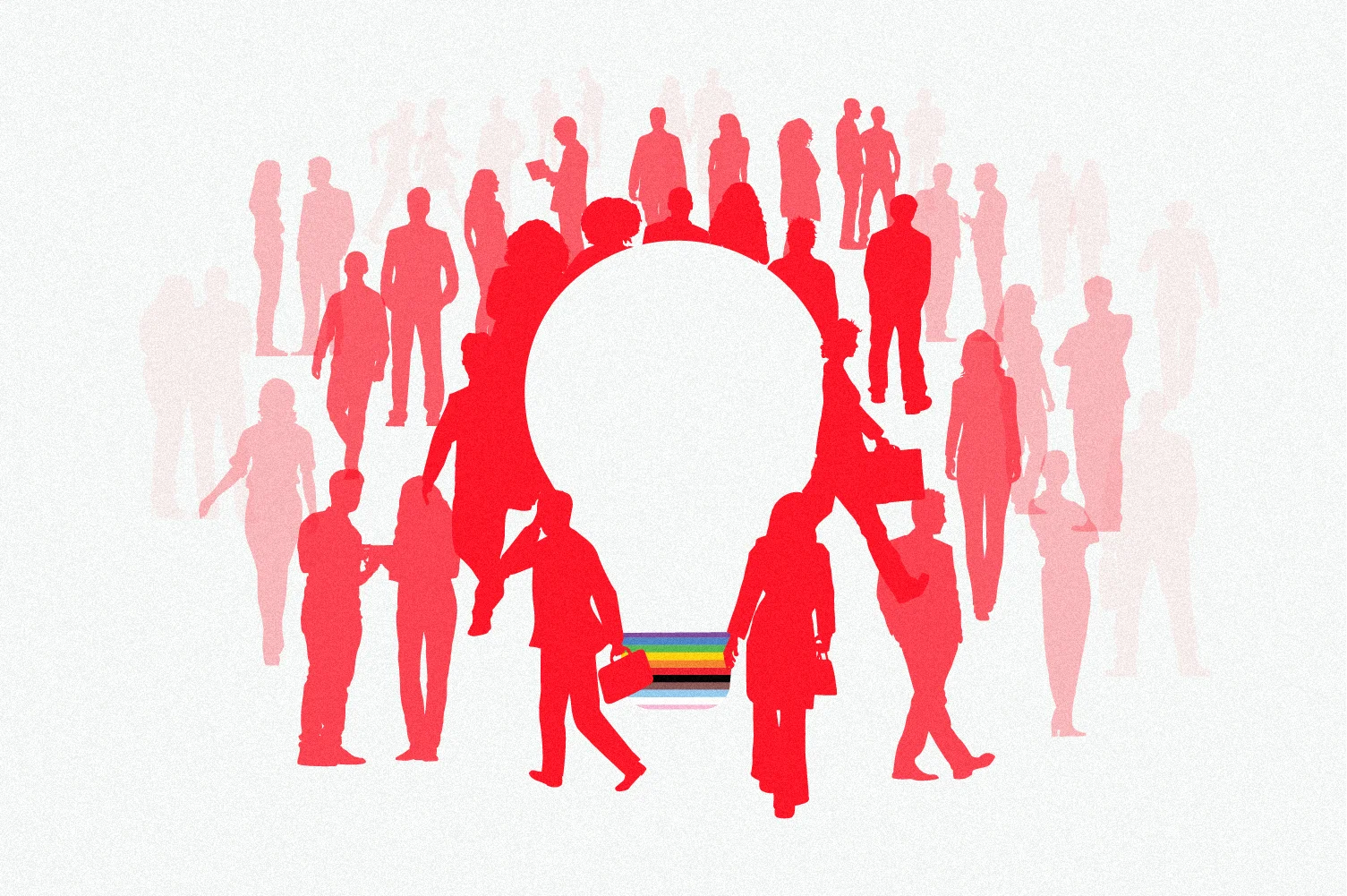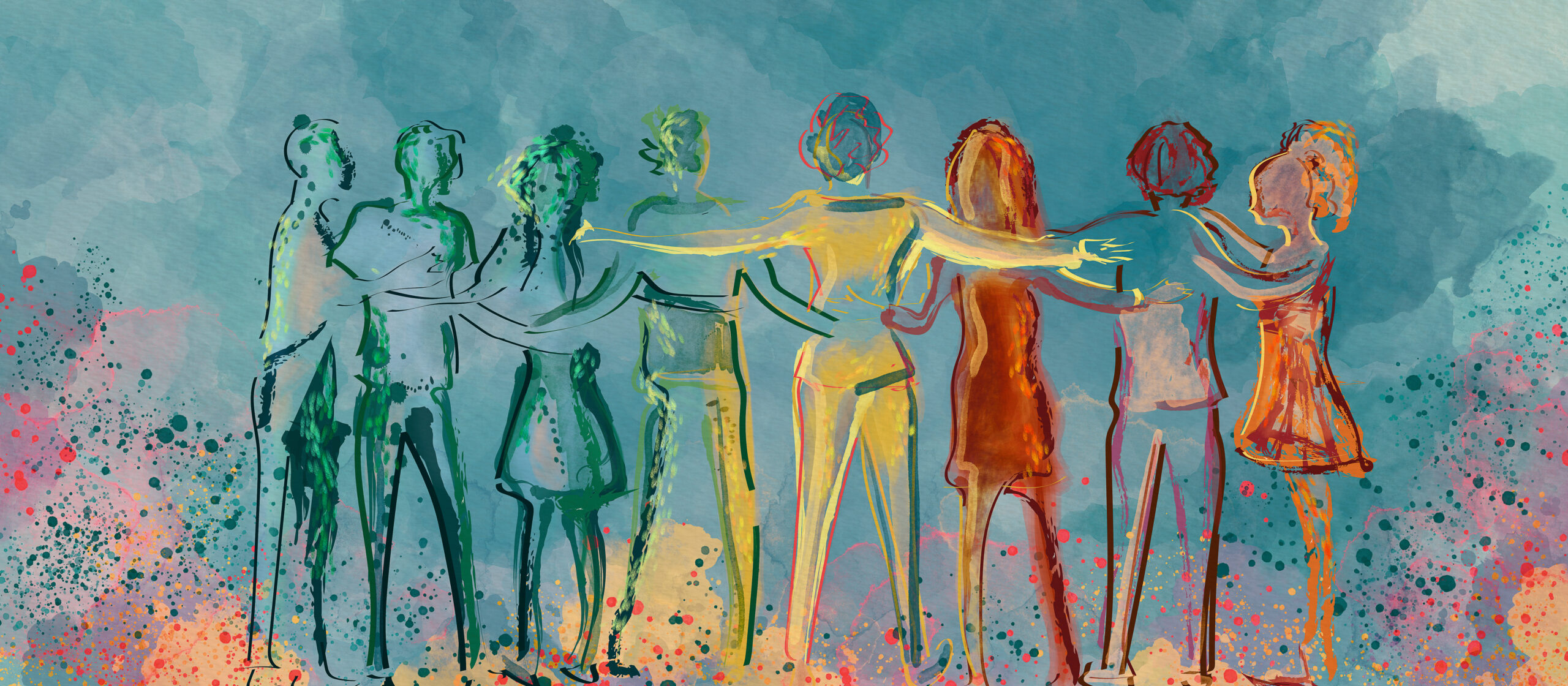Cultural experiences refer to activities or environments where individuals interact with different cultures in various settings. This includes participating in cultural dances, cooking traditional foods, learning about cultural attitudes, and attending museums, among others.
Cultural experiences allow individuals to gain a deeper understanding of different customs, values, and beliefs specific to diverse cultures. Such experiences promote respect, tolerance, and open-mindedness, contributing to personal growth and empathy. They provide opportunities to engage with and learn from people of different backgrounds, thus fostering an inclusive and enriched perspective of the world.
Additionally, these experiences encourage individuals to develop effective intercultural communication skills and the ability to interact with diverse groups in a meaningful and respectful manner. Embracing cultural experiences ultimately leads to a more interconnected and harmonious global community.

Credit: www.linkedin.com
Understanding Cultural Experiences
Before delving into the significance of cultural experiences, it’s essential to comprehend the definition and importance behind them. Cultural experiences encapsulate the interactions, observations, and engagements with diverse customs, traditions, beliefs, and practices that are integral to various societies and communities. These experiences contribute to the enrichment of individuals’ perspectives, fostering empathy, understanding, and appreciation for the cultural fabric that weaves the tapestry of our world.
Definition Of Cultural Experiences
The definition of cultural experiences encompasses the immersive encounters and engagements with the customs, traditions, rituals, art forms, and societal norms prevalent within a particular culture or community. It involves actively participating in or observing cultural practices, events, and activities that provide insight into the values, beliefs, and ways of life of different groups.
Importance Of Cultural Experiences
Cultural experiences are of paramount importance as they facilitate cross-cultural understanding, foster inclusivity, and nurture an appreciation for diversity. By engaging in cultural experiences, individuals gain valuable insights into the customs, traditions, and perspectives of others, thereby promoting empathy, tolerance, and respect for varied cultural identities.

Credit: www.greatplacetowork.com

Credit: www.lever.co
Frequently Asked Questions Of Cultural Experiences Definition
What Is An Example Of A Cultural Experience?
Cultural experiences include dances, traditional cooking, cultural attitudes, and museum visits. These activities promote respect and empathy.
Why Is Cultural Experience Important?
Cultural experience is important because it promotes respect and tolerance by helping us understand and appreciate different beliefs and perspectives. It transforms us into empathetic and open-minded individuals.
What Is Cultural Experience In Literature?
Cultural experience in literature refers to the exploration and representation of beliefs, customs, and values shared within a specific group and time period. It helps readers gain insight into different cultures, fostering empathy and open-mindedness.
What Is Cultural Learning Experience?
Cultural learning experience is the active engagement with arts, heritage, and activities that promote understanding and appreciation of different cultures. It involves participating in cultural dances, cooking traditional foods, visiting museums, and learning about cultural attitudes. It helps develop empathy and open-mindedness.
Conclusion
Cultural experiences, in essence, go beyond mere cultural awareness. They allow us to understand, communicate, and effectively interact with people from various backgrounds and perspectives. Engaging in cultural activities, such as participating in dances, trying traditional cuisine, and exploring different cultural attitudes, promotes respect, tolerance, and personal growth.
By embracing cultural experiences, we become more empathetic, open-minded individuals, enriching our understanding of the diverse world we live in. Let’s continue to embrace and appreciate the beauty of cultural experiences, celebrating the shared attitudes, values, and practices that make each culture unique.


Leave A Comment